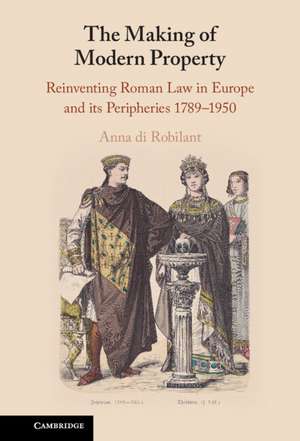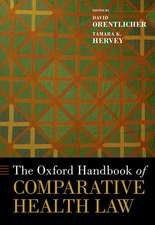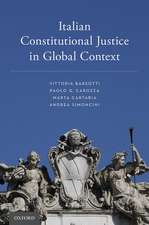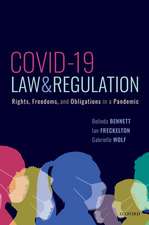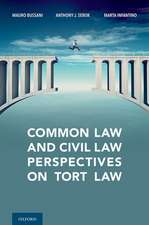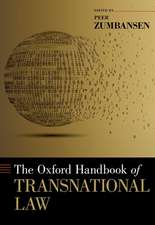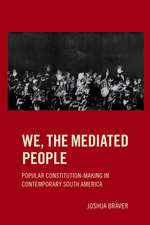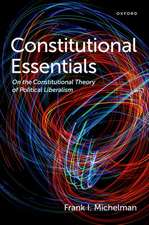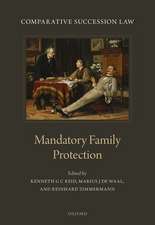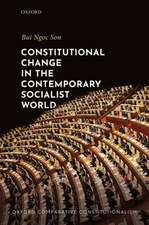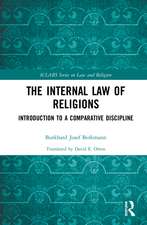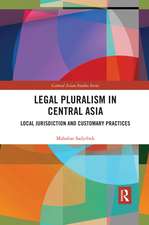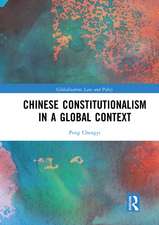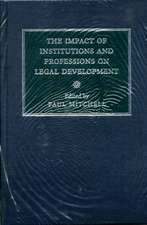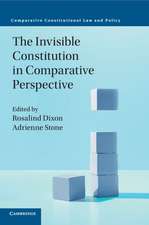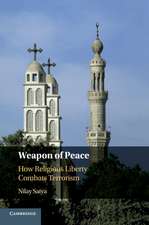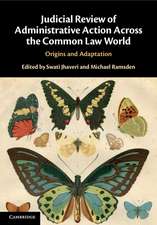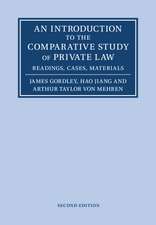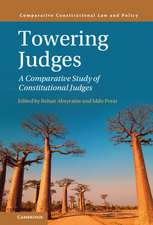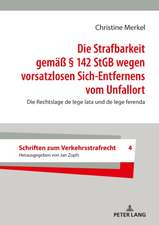The Making of Modern Property: Reinventing Roman Law in Europe and its Peripheries 1789–1950
Autor Anna di Robilanten Limba Engleză Hardback – 26 iul 2023
Preț: 757.37 lei
Preț vechi: 880.66 lei
-14% Nou
Puncte Express: 1136
Preț estimativ în valută:
144.92€ • 151.72$ • 119.91£
144.92€ • 151.72$ • 119.91£
Carte tipărită la comandă
Livrare economică 05-19 aprilie
Preluare comenzi: 021 569.72.76
Specificații
ISBN-13: 9781108494779
ISBN-10: 1108494773
Pagini: 300
Dimensiuni: 237 x 157 x 27 mm
Greutate: 0.68 kg
Editura: Cambridge University Press
Colecția Cambridge University Press
Locul publicării:Cambridge, United Kingdom
ISBN-10: 1108494773
Pagini: 300
Dimensiuni: 237 x 157 x 27 mm
Greutate: 0.68 kg
Editura: Cambridge University Press
Colecția Cambridge University Press
Locul publicării:Cambridge, United Kingdom
Cuprins
Part I. Introduction: The Romanist-bourgeois property culture: dominium, the social function and resources; 1. What Roman antiquity had to offer: a scientific method and a vast inventory of property concepts; 2. The foundations of Romanist-bourgeois property: Robert Joseph Pothier and the transition from medieval 'divided dominium' to modern absolute dominium; 3. Crafting Romanist-bourgeois property: Roman antiquity, political reaction, a rising bourgeoisie and scientism; 4. Reform, not revolution: modernizing property in Germany; 5. The tensions of absolute property; 6. Roman dominium in the republics of Latin America: property, nationhood, race and economic development; 7. The social critics: the critique of absolute dominium and the retrieval of the Roman social doctrines; Conclusions.
Notă biografică
Descriere
Draws from a wealth of primary sources to outline how classical Roman property law was reinvented by liberal nineteenth-century jurists.
